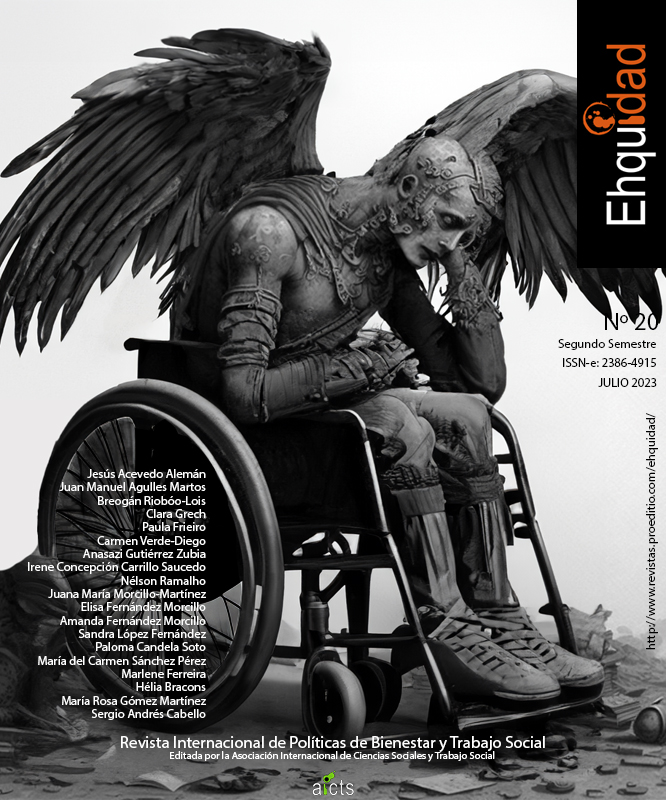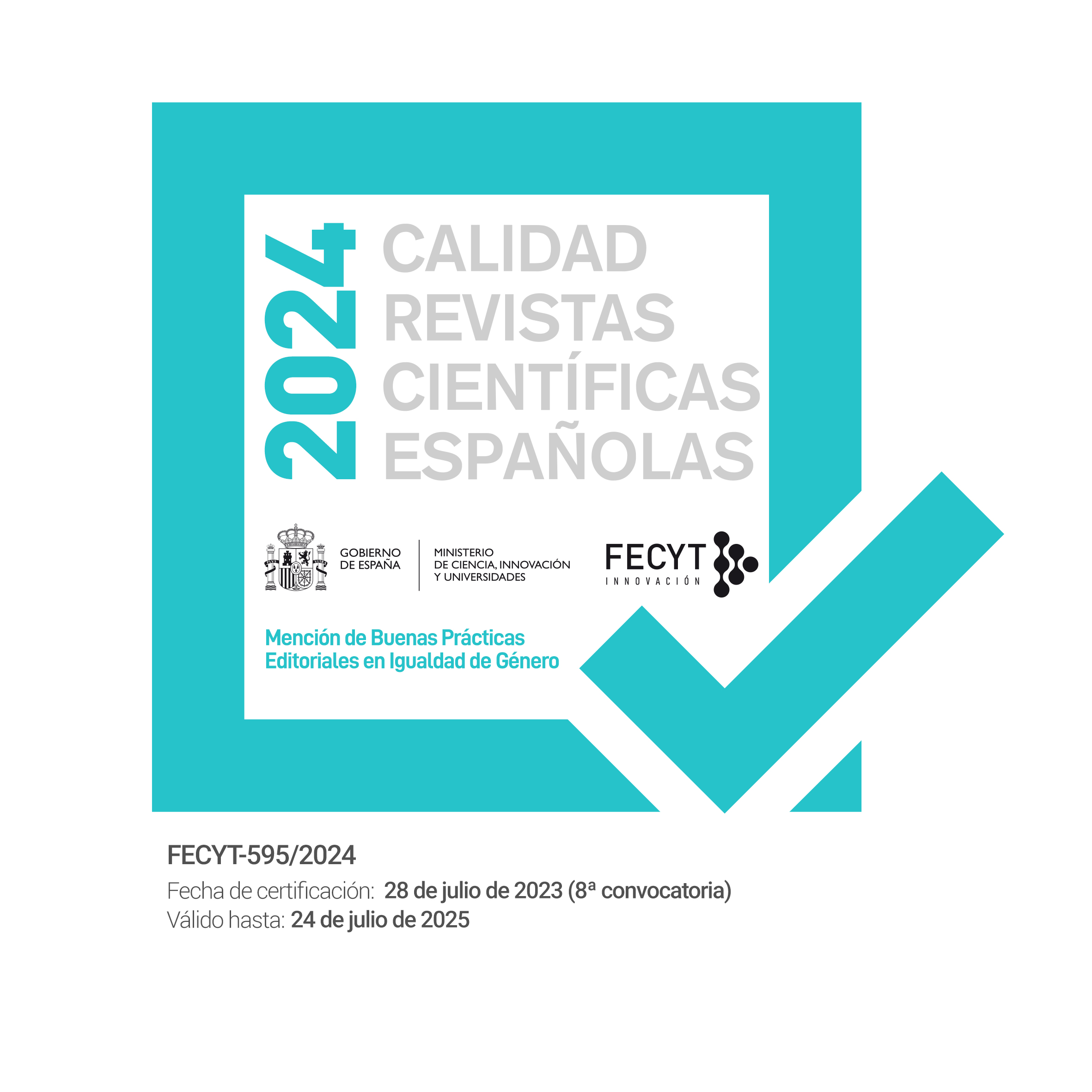Trajectories in residential exclusion during the covid-19 health emergency
DOI:
https://doi.org/10.15257/ehquidad.2023.0012Keywords:
residential exclusion, homelessness, covid19, poverty, qualitative studyAbstract
The measures adopted in response to the COVID-19 pandemic had a direct impact on homeless people in all countries where they were implemented. The temporary closure of services such as shelters, soup kitchens or day centres for harm reduction was one of the problematic dimensions for those who were homeless and used them regularly. In many cities, the prohibition to use public spaces such as parks or squares also put added pressure on homeless people. The main objective of this research is to understand the diverse trajectories of people who experienced a process of residential exclusion during the health emergency. A qualitative study was designed, based on in-depth interviews. The conclusions point to the fact that the trajectories of residential exclusion reported by the people interviewed are described as a worsening of their living conditions, with significant differences between homeless women and men and between the types of emergency accommodation they used.
Downloads
References
Agulles Martos, J. M. (2022). COVID-19, personas sin hogar y respuesta institucional Reflexiones desde la ciudad de Alicante (España). Cuadernos de Trabajo Social, 35(2), 161-169.
Culhane, D., Treglia, D., Steif, K. y otros (2020). Estimated Emergency and Observational/Quarantine Capacity Need for the US Homeless Population Related to COVID-19 Exposure by County; Projected Hospitalizations, Intensive Care Units and Mortality, California Digital Library. Recuperado de https://escholarship.org/uc/item/9g0992bm
Doran, K. M. y Tinson, A. (2021). Homelessness and Public Health: Lessons Learned from the COVID-19 Pandemic, European Journal of Homelessness, 15(3), 46-62.
Gutiérrez Pérez, José; Pozo Llorente, Teresa y Fernán¬dez Cano, Antonio (2002). Los estudios de caso en la lógica de la investigación interpretativa. Ar¬bor, 171(675), 533-557. https://doi.org/10.3989/arbor.2002.i675.1045
Lakam, E. (2020). At the Intersection of Vulnerabilities: The Plight of Women and Girls Experiencing Homelessness During the Global Coronavirus Pandemic, Georgetown Institute for Women, Peace and Security, 17 April. Disponible en https://giwps.georgetown.edu/at-the-intersection-of-vulnerabilities-womenand-girls-experiencing-homelessness-during-the-global-coronavirus-pandemic/
Parsell, C., Clarke, A. y Kuskoff, E. (2020). Understanding responses to homelessness during COVID-19: an examination of Australia, Housing Studies. https://doi.org/10.1080/02673037.2020.1829564
Perri, M., Dosani, N. y Hwang, S. W. (2020). COVID-19 and people experiencing homelessness: challenges and mitigation strategies, CMAJ, 29, 192: E716-9. https://doi.org/10.1503/cmaj.200834
Place, N. (2020). Homelessness, bad housing, and the virus: a decent home should be every citizen’s right, Politics and Policy. Disponible en: https://blogs.lse.ac.uk/politicsandpolicy/homelessness-and-covid19/
Owen, R., y Matthiessen, M. (2020). COVID-19 Response and Homelessness in the EU, European Journal of Homelessness, 15(1), 161-184.
Schwan, K., Dej, E. y Versteegh, A. (2020). Girls, Homelessness, and COVID-19, Girlhood Studies, 13(3), 151-168. https://doi.org/10.3167/ghs.2020. 130311.
Taylor, S.J. y Bogdan, R (1994). Introducción a los métodos cualitativos de investigación: La búsqueda de significado. Editorial Paidós Básica.












